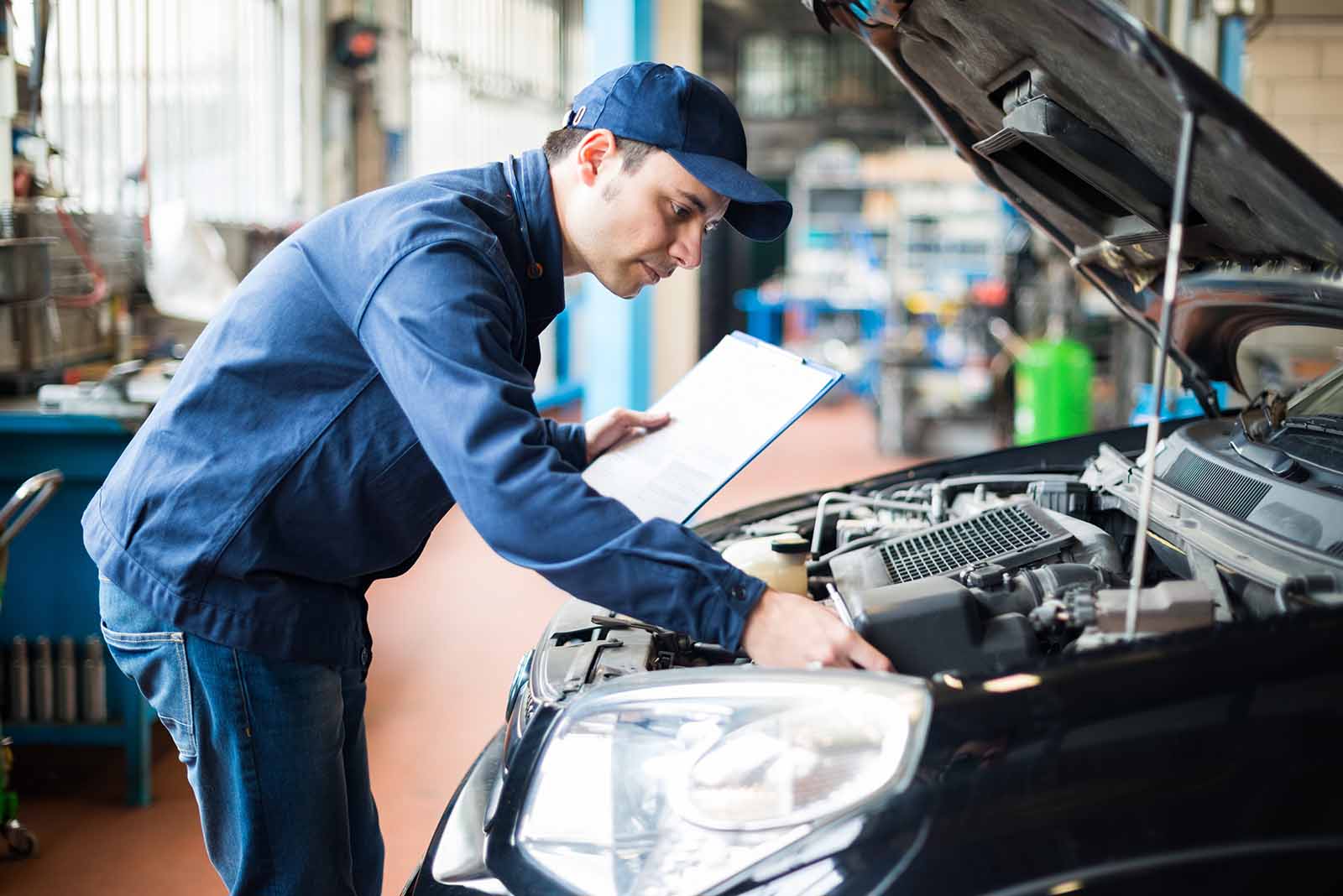
Image Source: Google
Vehicle inspections are a critical aspect of car ownership that often gets overlooked. Regular inspections not only help in saving money in the long run but also play a significant role in preventing accidents. To get more details about vehicle inspections, you can navigate to this site.
The Importance of Vehicle Inspections
Regular vehicle inspections are crucial for several reasons:
Saving Money
- Early Detection of Issues: Inspections can help identify potential problems with your vehicle before they escalate into costly repairs.
- Preventive Maintenance: By addressing minor issues early on, you can prevent major breakdowns that may result in expensive repairs.
- Extended Vehicle Lifespan: Proper maintenance through inspections can help prolong the life of your vehicle, saving you money on premature replacements.
Preventing Accidents
- Ensuring Roadworthiness: Regular inspections ensure that your vehicle is in good condition, reducing the risk of accidents due to mechanical failures.
- Optimal Performance: A well-maintained vehicle performs better on the road, enhancing safety for both the driver and passengers.
- Compliance with Regulations: In many places, regular vehicle inspections are required by law to ensure that vehicles meet safety standards, helping to prevent accidents on the road.
What to Include in a Vehicle Inspection
When conducting a vehicle inspection, certain key areas should be checked thoroughly:
Exterior Inspection
- Check the condition of the tires, including tread depth and tire pressure.
- Inspect the lights, including headlights, taillights, and turn signals.
- Examine the windshield for any cracks or chips that may obstruct the driver's view.
Interior Inspection
- Check the functionality of the seat belts and ensure they are in good condition.
- Test the operation of the brakes, including the parking brake.
- Inspect the dashboard for any warning lights that may indicate mechanical issues.
Under the Hood Inspection
- Check the fluid levels, including oil, coolant, brake fluid, and windshield washer fluid.
- Inspect the engine belts and hoses for any signs of wear or damage.
- Examine the battery for corrosion and ensure it is securely mounted.
When to Conduct Vehicle Inspections
Regular vehicle inspections should be conducted at the following intervals:
Monthly
- Check tire pressure and tread depth.
- Inspect lights and signals.
Every 3 Months
- Check fluid levels.
- Test brakes and parking brakes.
Every 6 Months
- Inspect belts and hoses.
- Examine the battery and electrical system.
Conclusion
Vehicle inspections are a crucial aspect of car ownership that should not be overlooked. By conducting regular inspections, you can save money on costly repairs, prevent accidents on the road, and ensure the safety of yourself and others. Remember, a well-maintained vehicle is not only more reliable but also safer to drive.

